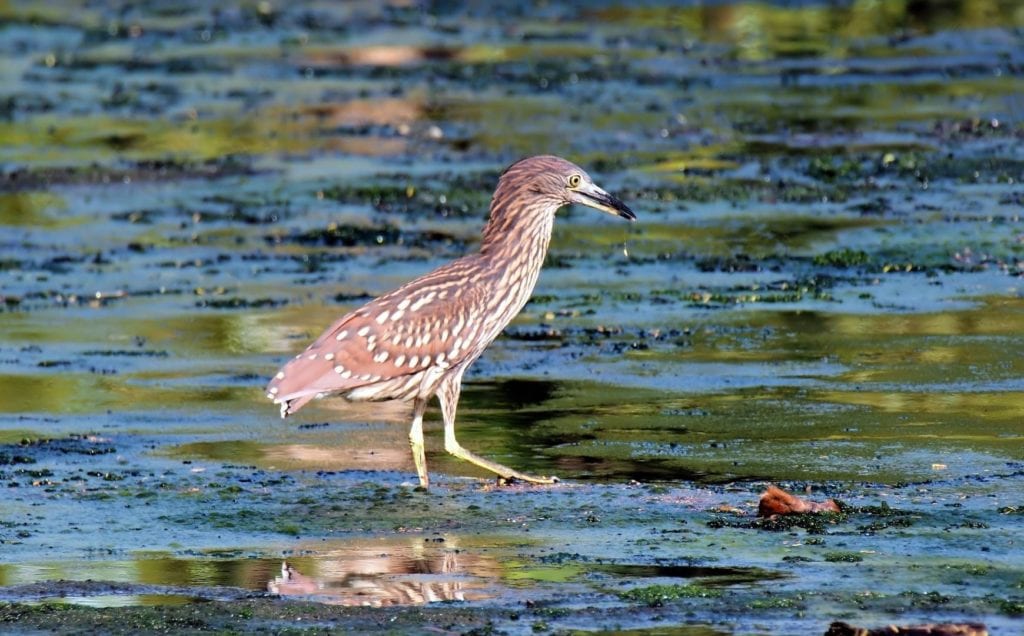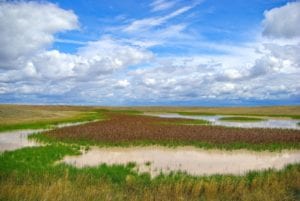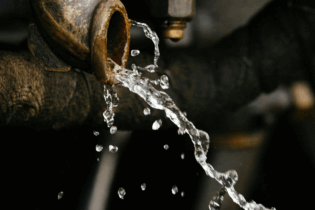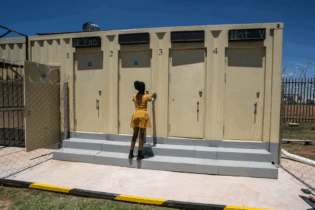As South Africa’s water sources face increasing pressure, the country has been urged to acknowledge the importance of wetlands as a valuable water system with the potential to help counter climate related challenges.
On 2 February 2019 the world once again turned its attention to the protection and conservation of wetlands for the annual World Wetlands Day event. It was under the 2019 theme Wetlands and Climate Change that South Africans were reminded of the important role these distinct ecosystems play in combatting climate related issues like droughts.“In light of the current severe drought, there’s no better time to ensure we have healthy and functioning ecological infrastructure,” noted CapeNature CEO, Dr Razeena Omar.“This includes not only our rivers and streams, but importantly also wetlands because these ecological systems act as water-holding and water-producing devices which provide clean, safe water to our dams and ultimately the end consumer,” she continued.
Climate adaptation and building resilience
In addition to playing a significant role in stabilising greenhouse gas emissions by absorbing and storing carbon, buffering coastlines from extreme weather and helping to reduce floods , wetlands are also able to help relieve droughts. During the dry season in arid climates, wetlands release stored water, delaying the onset of droughts and minimising water shortages. The message is clear, wetlands are critical for climate adaptation and building resilience however, they remain in trouble around the world.According to Martha Rojas Urrego, Secretary General, Ramsar Convention on Wetlands, more than a third of all the world’s wetlands were lost in just 45 years.“Today, wetlands are disappearing three times faster than forests. The world’s corals face near extinction at 1.5ºC and certain extinction at a global warming of 2ºC”she explained.
Wetland loss and degradation
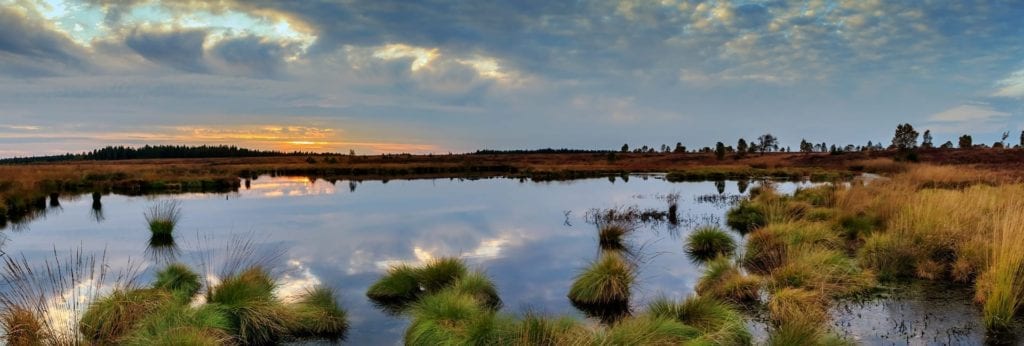
“The burning and draining of peatlands accounts for a tenth of annual fossil fuel emissions – while wetland degradation contributes to nearly a quarter of global methane release,” she pointed out.This happens because once drained or burned the wetlands release centuries of stored carbon into the atmosphere.
“Peatlands, mangroves, and seagrass store vast amounts of carbon. Peatlands cover about 3% of our planet’s land and store approximately 30% of all land-based carbon – twice the amount than all the world’s forests combined. Wetlands are the most effective carbon sinks on Earth.”
The South African story
South Africa’s water challenges are not unique they are however very real. In addition to being a water scare country, several natural water sources are polluted. The country also faces droughts and floods regularly and according to the Department of Environmental Affairs this is where wetlands can play a vital role for the country.“In this regards, wetlands play a vital role by removing toxic substances and sediment from water, while also improving downstream water quality and the overall health of communities.”“They also help to purify water and provide habitat for many different plants and animals. Besides these indirect benefits to society, wetlands provide many direct benefits in the form of resources such as fibre for making crafts as well as recreational opportunities. However lack of community awareness on the value and benefits of wetlands often leads to their transformation by humans.” In an effort to drive awareness this World Wetlands Day the Department turned its attention to the country’s youth with campaigns and activations targeted at schools around the North West and Mpumalanga provinces. As one of the Contracting Parties to the Ramsar Convention on Wetlands of International Importance, South Africa has taken its responsibility to fight for the preservation of wetlands quite seriously.
Working for Wetlands
